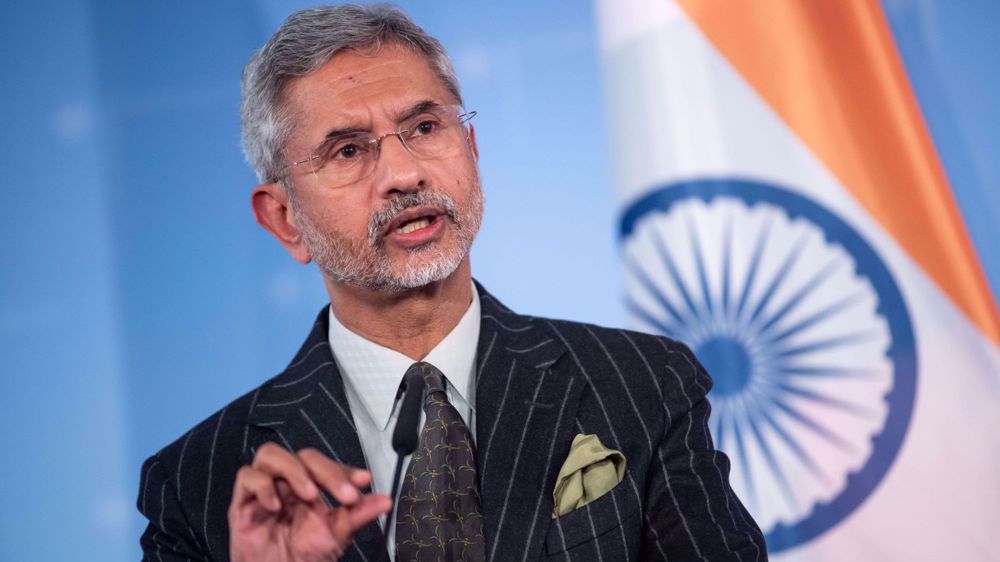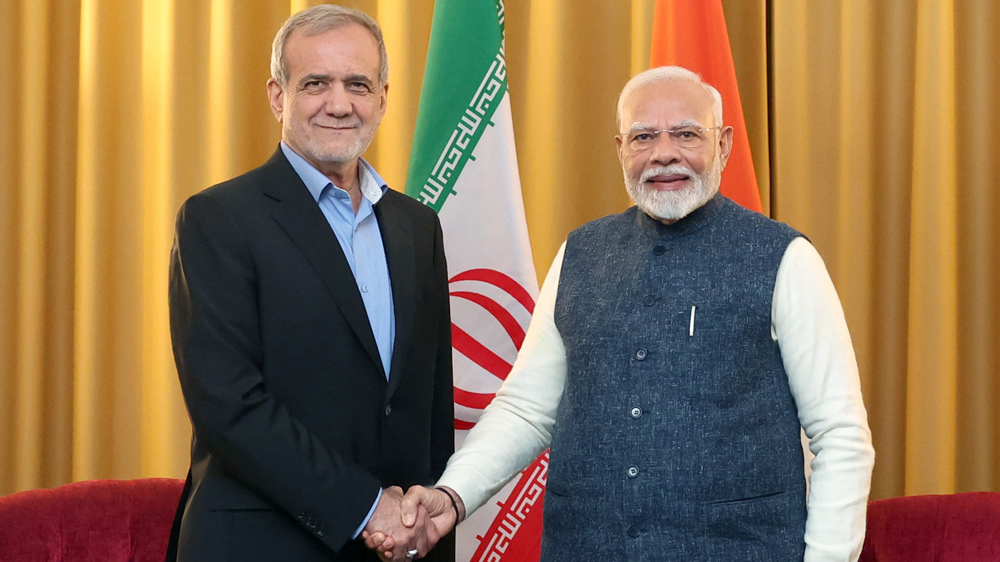Extreme heat claims hundreds of lives in India, daytime cooking is banned
Extreme heat has claimed hundreds of lives in India, prompting officials to ban daytime cooking to reduce the risk of more heat-related deaths.
Heat-related sickness this month resulted in more than 300 deaths, disaster management officials in the eastern state of Bihar said on Friday.
In an unprecedented move, the disaster officials banned cooking between 9:00 a.m. and 6:00 p.m., ordering households to cook at night due to the dry, hot and windy weather threatening the lives of hundreds of millions of people in drought-hit parts of the country.
The order came after fires swept through shantytowns and thatched-roof houses, killing 79 more people in heat-related incidents.
The heat-related deaths included 10 children and five adults killed in a fire sparked during a Hindu prayer ceremony in Bihar's Aurangabad District last week.
People are also barred from burning spent crops or holding fire rituals as part of the Hindu religious practice.
Disaster management official Vyas, who goes by one name, said Friday that anyone who violates the orders could face up to a year in jail.
The early-summer heat wave has also forced schools to close and halted outdoor work such as construction, government officials said last week.
Temperatures have risen above 40 degrees Celsius in some states.

Meanwhile, United Nations agencies continue warning countries to cut their gas emissions to stop global warming.
Global temperatures are predicted to rise by at least 2.7 degrees Celsius if emissions-reduction pledges made by nearly 190 nations for the new global climate change deal are met.
The Paris Agreement, however, sets a goal of keeping average temperature rise to "well below" 2 degrees Celsius above pre-industrial times.
According to a joint report by the UN Development Program, International Labor Organization, Climate Vulnerable Forum and other agencies, "excessive heat puts exposed working populations" at great risk of illness and death.
Yemeni army strikes Israeli military sites with drones
‘Clock ticking’: UNRWA slams unjustifiable killing of children in Gaza
BP to be sued in Britain for supplying oil to Israel
VIDEO | Press TV's news headlines
Israeli strikes on north Gaza hospital ‘extremely dangerous, terrifying’: Director
VIDEO | Yemen targets Tel Aviv with Palestine 2 missiles
Pezeshkian: Iran resolved to complete North-South Transport Corridor
VIDEO | Iran-Syria: For Resistance















 This makes it easy to access the Press TV website
This makes it easy to access the Press TV website